There's No Going Back
Democracy
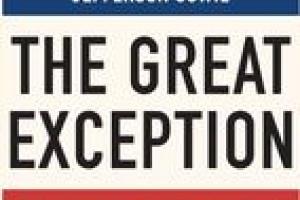 The initiatives of the New Deal and FDR's Second Bill of Rights represented less a permanent triumph of the welfare state or a model for a progressive way forward than a unique combination of non replicable circumstances, including a temporary cessation of enduring tensions involving race, immigration, culture, class, and individualism, which served to sustain a pale social democratic reform for just a few decades. What followed instead was today's new Gilded Age.
The initiatives of the New Deal and FDR's Second Bill of Rights represented less a permanent triumph of the welfare state or a model for a progressive way forward than a unique combination of non replicable circumstances, including a temporary cessation of enduring tensions involving race, immigration, culture, class, and individualism, which served to sustain a pale social democratic reform for just a few decades. What followed instead was today's new Gilded Age.


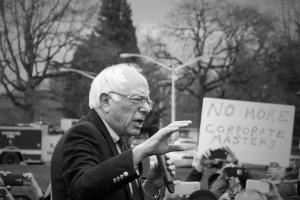
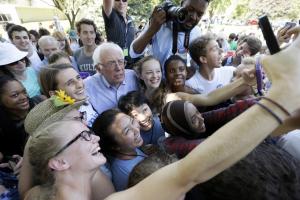

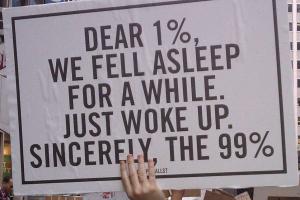
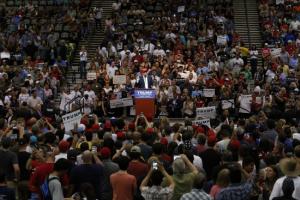
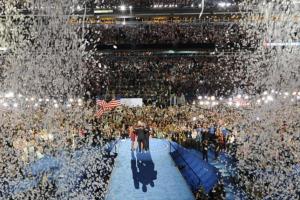

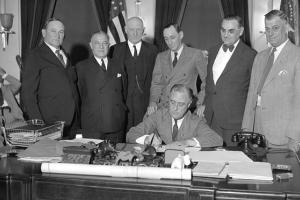
Spread the word